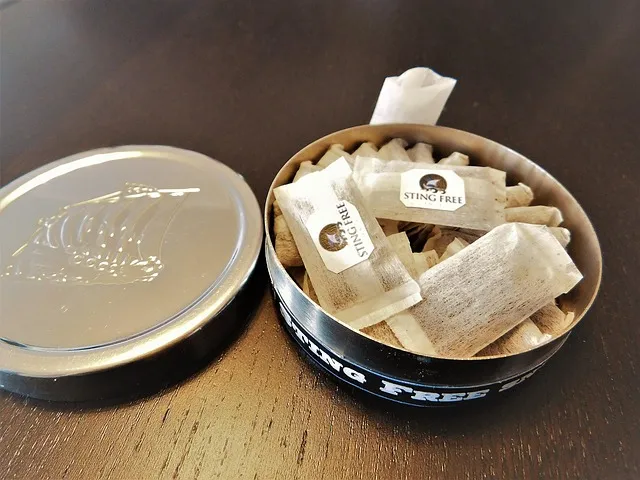Have you ever stumbled upon a word that just feels wrong? Or perhaps a word that sounds like it should exist, but doesn’t? The English language, for all its richness and beauty, is also a playground for linguistic oddities, near-misses, and outright fabrications. Today, we’ll consider “snuff” and its relationship to other made-up words like “snuns,” and how these little verbal quirks can tell us a lot about language itself. And, as a sweet treat, we’ll look at the refreshing world of killa melon.
The Reality of “Snuff”
“Snuff,” thankfully, is a real word, and a rather versatile one at that. It has a few primary meanings. Most commonly, it refers to finely ground tobacco that is inhaled or placed between the cheek and gum. This usage has a long and somewhat controversial history, dating back centuries. Think powdered wigs and ornate snuffboxes.
Beyond tobacco, “snuff” can also mean to extinguish, as in to snuff out a candle flame. This definition carries a more somber connotation, often used metaphorically to describe the end of something, like a dream or a life.
Finally, and perhaps most disturbingly, “snuff” can refer to a type of film or media depicting actual violence, often murder. This usage is thankfully rare and highly illegal, but its presence in the cultural lexicon adds a dark edge to the word.
So, “snuff” is real, multifaceted, and carries quite a bit of baggage. But what about its invented cousin?
The Fiction of “Snuns”
“Snuns,” in contrast, is not a recognized word in the English language. Its meaning is entirely dependent on context or, more accurately, the lack thereof. It exists purely as a hypothetical, a potential word yearning to be born.
Why “snuns?” Perhaps someone misheard “snooze” and thought it sounded like a plural noun. Maybe it was a typo, a slip of the finger on the keyboard. Or, perhaps it was a deliberate creation, a playful experiment in language.
The beauty of “snuns” lies in its ambiguity. It can be anything we want it to be. Maybe “snuns” are small, furry creatures that live under rocks. Perhaps they are a unit of measurement for something incredibly obscure. Or maybe, just maybe, they are related to the act of snuffing something out, representing the small, unseen consequences of our actions.
The point is, “snuns” is a blank slate, a testament to the endless possibilities within language. It reminds us that words are not fixed entities, but rather fluid constructs that evolve and change over time. New words are created all the time, often arising from slang, technology, or simply the need to express something new.
A Refreshing Interlude with Killa Melons
Now, for something completely different, let’s turn our attention to the delightfully named killa melon. This imaginative moniker suggests a melon of exceptional flavor, perhaps with an intense sweetness or a surprising tang. It evokes images of juicy slices, dripping with nectar, a true summer treat.
The name itself is striking. “Killa” adds an element of playful exaggeration, suggesting a flavor so good it’s almost dangerous, and certainly unforgettable. Imagine biting into a slice of killa melons, the sweetness exploding on your tongue, the juices running down your chin. It’s the perfect antidote to the seriousness of “snuff” and the uncertainty of “snuns.”
Think of it as a branding triumph. While any melon can be refreshing, the term “killa melon” elevates the experience, turning a simple fruit into something extraordinary. It’s a testament to the power of language to shape our perceptions and influence our desires.
From the Real to the Imagined
The journey from the gritty reality of “snuff” to the nonexistent world of “snuns” and the appealing image of killa melons highlights the dynamic nature of language. We have a real word with multiple meanings, a made-up word ripe with potential, and a brand name designed to tantalize our taste buds.
This exploration reminds us that language is not just about conveying information; it’s also about creating meaning, evoking emotions, and shaping our understanding of the world. Words can be tools, weapons, or simply toys. The way we use them, and the way we interpret them, is what truly matters. So, the next time you encounter a strange or unfamiliar word, don’t dismiss it out of hand. Consider its possibilities, its potential meanings, and the stories it might tell. You never know; it might just be the next “snuns” or the next “killa melon” waiting to be discovered.


